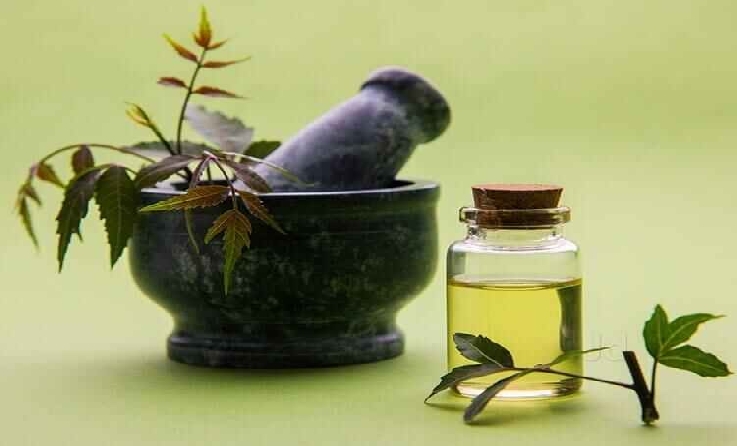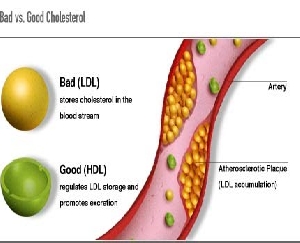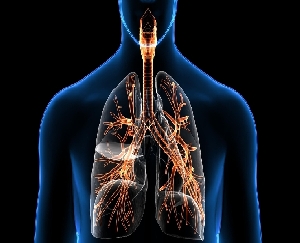
What Is Ayurveda Medicine?
Ayurveda medicine is a Indian traditional medicine. Ayurveda medicine includes herbal and herbo - mineral preparations, described in Indian traditional Granthas (Holy Books) like Vedas and Upanishads. Later on, all these medicines are briefly described in Charak Samhita, Sushrut Samhita, Ashtang Hriday, etc. as per diseases and pathology.
All medicinal plants are described in Nighantus (Indian Traditional Encyclopedia of medicinal plants), which are used as a whole or any part of the plant in Ayurveda medicines. Raj nighantu, Bhavprakash nighantu, Adarsh Nighantu, etc. are the nighantus in which pharmacokinetics n pharmacodynamics of medicinal plants is described briefly according to Ayurveda.
Plants are the only source in the universe that can convert inorganic energy into organic energy. So only we use vegetables and fruits as our food to gain energy and different parts or whole plants as medicine. To make plants easily digestible, convenient to have a large number of medicinal plants in low dose, or to improve its specific quality or absorption in the body after consumption, different methods of herbal preparations are described in Bhaishajyakalpana.
With the same principle, inorganic metals are processed with herbal preparations, to convert it in organic (Edible form of metals). So only though Ayurveda medicines contain some quantity of metals, Ayurveda medicine doesn

Dr Snehal Kadam
Consultant Ayurveda PhysicianASIM HOPSITAL AND RESEARCH CENTRE Surat, Gujrat






.jpg)

















